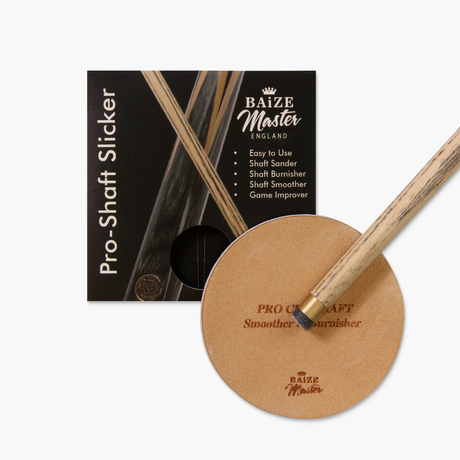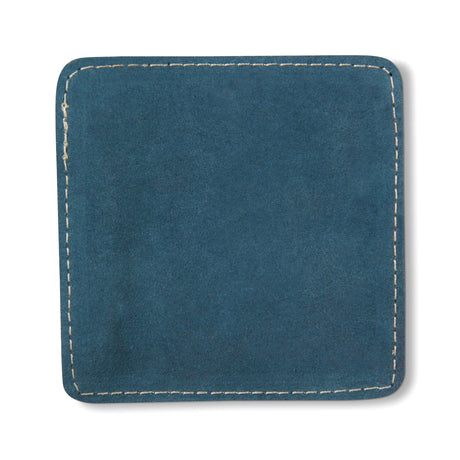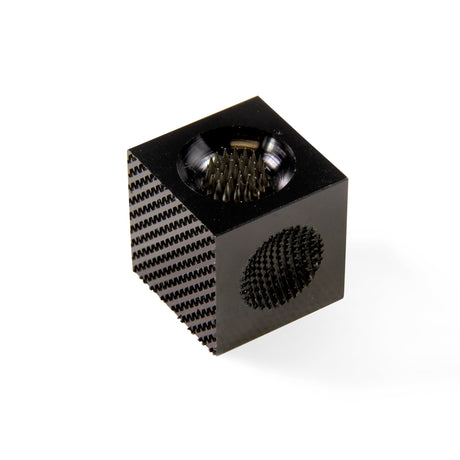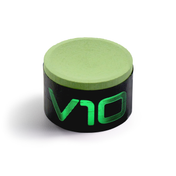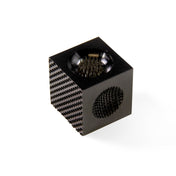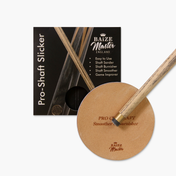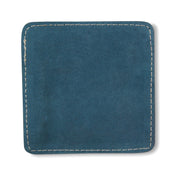Pool, also known as billiards, is a popular game that requires skill, strategy, and precision. While it's typically played with two or more people, practicing alone can help you improve your game and build confidence at the table. In this article, we'll discuss various ways to practice pool solo and share tips for effective training sessions.
1. Focus on Fundamentals
Before diving into specific drills, it's essential to work on the basics. Start by practicing your stance, grip, and stroke. Ensure your body is positioned correctly, with your head in line with the cue and your dominant foot slightly forward. Concentrate on maintaining a consistent, smooth stroke while keeping your grip relaxed.
2. The Ghost Ball Drill
One effective solo drill is the "ghost ball" practice. Set up a cue ball and an object ball on the table. Visualise a "ghost ball" touching the object ball, representing the contact point where you need to strike with the cue ball. Focus on hitting the ghost ball accurately and pocketing the object ball. This drill helps develop precision and aim.
3. Position Play
Controlling the cue ball's position after a shot is crucial for setting up future shots. Start with two balls on the table: the cue ball and an object ball. Designate a target pocket for the object ball and a target area for the cue ball to land after the shot. Practice striking the object ball while controlling the cue ball's movement to reach the designated area.
4. Bank Shots and Kick Shots
Learning how to execute bank shots (where the cue ball or object ball bounces off a rail before reaching the target pocket) and kick shots (where the cue ball hits a rail before striking the object ball) is essential for navigating difficult situations. Set up shots that require banking or kicking and practice until you can consistently make them with confidence.
5. Challenge Yourself with Practice Routines
Develop practice routines that incorporate various shot types, cue ball control, and position play. One example is running a full rack of balls in numerical order, focusing on maintaining proper cue ball position throughout. Another option is to practice "straight pool," where you attempt to pocket 14 balls and then use the 15th ball to break the next rack, continuing the process.
6. Record Your Progress
Keep track of your practice sessions by recording your progress in a journal or using a smartphone app. Note areas where you're improving and areas that need additional focus. By monitoring your progress, you'll stay motivated and gain insight into your development as a player.
Conclusion
Practicing pool alone can be an effective way to refine your skills and build confidence at the table. By focusing on fundamentals, practicing specific drills, and challenging yourself with practice routines, you'll see improvement in your game and be better prepared for competitive play. Remember, persistence and dedication are key to mastering the art of pool.

